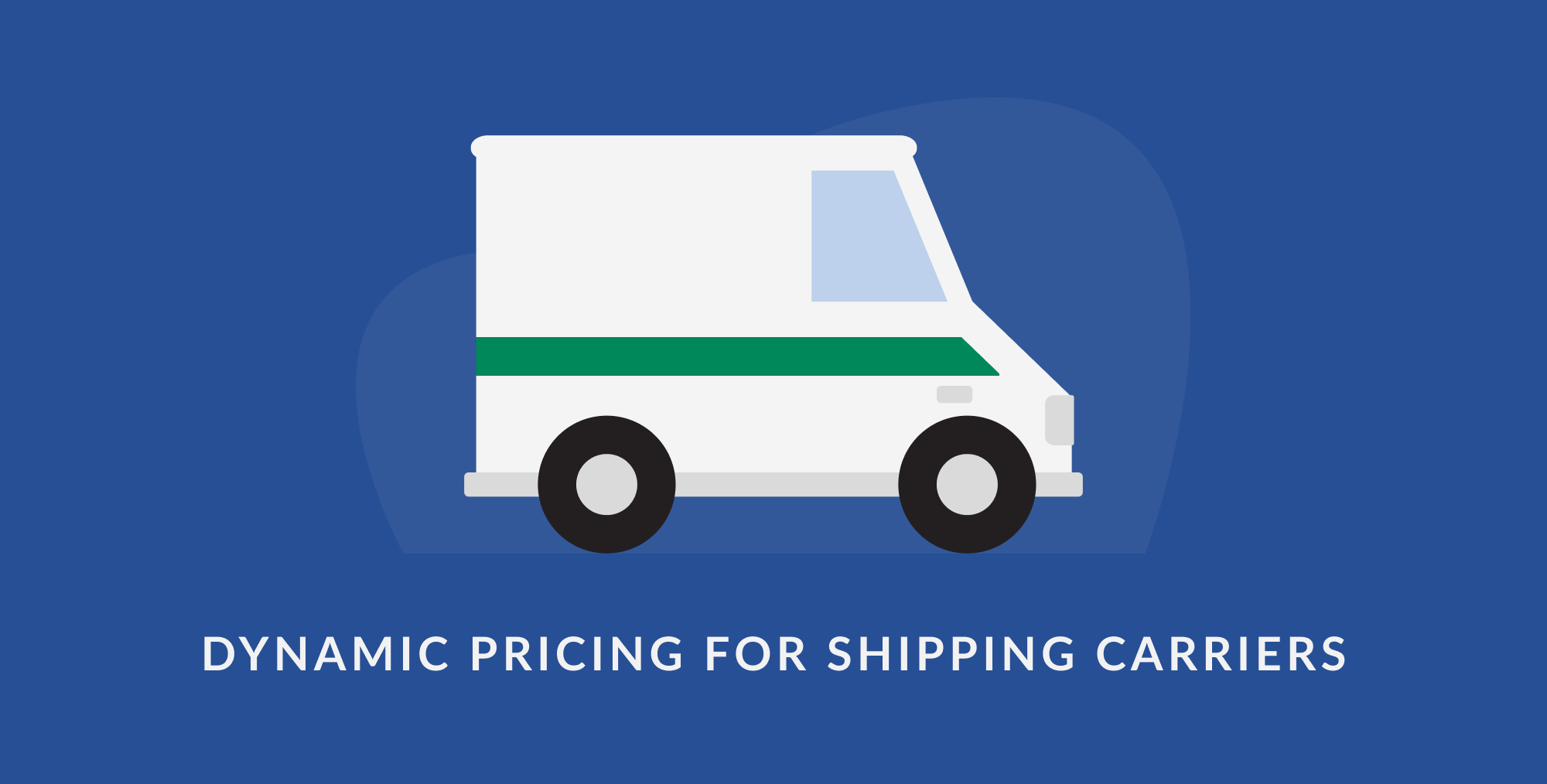In today’s fast-paced world, adaptability is essential for success, especially in the shipping industry. As consumer expectations rise and market conditions shift, carriers are changing how they set prices. fixed-rate pricing is becoming outdated. Instead, dynamic pricing is on the rise, adjusting based on real-time supply and demand.
Understanding this shift is essential for both businesses and consumers. As shipping grows more complex, knowing when to ship, how pricing works, and what tools you can count on can greatly affect your spending. Let’s look at how this change reflects our daily experiences and what it means for the future of shipping.
What is dynamic pricing in shipping?
You might not be familiar with the term “dynamic pricing,” but you’ve likely experienced it. For instance, think about how ticket prices fluctuate based on demand as a flight or concert date approaches. If you try to buy tickets one day, you might be surprised to find that the price has changed when you look again a few days later.
Similarly, in the shipping world, rates can change in real-time based on factors like demand, capacity, and even the time of year. Understanding these shifts helps shippers plan ahead, securing better rates and avoiding those last-minute surprises.
Dynamic pricing in shipping refers to a flexible pricing model where shipping rates adjust based on various real-time factors. These can include demand, shipment volume, distance, fuel costs, and desired delivery speed. Unlike traditional fixed rates, dynamic shipping rates fluctuate to reflect current operational costs and market conditions, enabling carriers to optimize revenue and efficiency.
With this in mind, shipping companies are changing how they set prices. Instead of keeping prices the same for the majority of the year, they’re adjusting prices based on what’s happening in the market. This helps them stay competitive.
How dynamic shipping rates work for carriers
Dynamic shipping rates utilize automated rate calculation tools to adjust prices in real-time. Here’s how this process works:
- Real-Time Rate Adjustments: Carriers monitor various factors that can influence shipping costs. For instance, a sudden increase in demand during the holiday season may prompt carriers to raise rates temporarily.
- Distance and Package Size: The further a package needs to travel, or the larger its size, the higher the shipping cost may be.
- Shipping Speed: Customers often pay more for expedited shipping. Dynamic pricing models enable carriers to adjust rates based on the speed of delivery requested, balancing demand with available capacity.
Dynamic pricing vs. traditional fixed rates: What’s the difference?
Traditional fixed rates offer predictability but can sometimes lead to inefficiencies, as customers might end up paying more than necessary for certain shipments.
In contrast to fixed rates, dynamic pricing models:
- Offer Flexibility: Prices adjust according to real-time data, allowing customers to benefit from lower rates during off-peak times.
- Reflect Current Market Conditions: Customers receive prices that accurately represent the costs involved in shipping at any given moment.
The primary motivation for carriers to adopt dynamic pricing is competition. With numerous shipping options available, carriers must remain agile to attract customers. This flexibility enables them to offer competitive rates that reflect the current market situation, ensuring they don’t lose business to competitors.
Dynamic pricing also benefits customers, as carriers can adjust their pricing to pass on savings when demand is lower or operational efficiencies are realized. This approach promotes a healthier competition among carriers, ultimately providing more value to customers.
The future of dynamic pricing for shipping carriers
As the logistics industry continues to evolve, dynamic pricing is likely to become the norm for shipping carriers. The trend toward automated and flexible pricing structures will not only improve operational efficiencies but also enhance customer experience.
In the future, we can expect:
- Increased Automation: More sophisticated algorithms will enable carriers to fine-tune their pricing strategies rapidly.
- Enhanced Customer Tools: Customers will benefit from improved tools that help them navigate these changes and select the best shipping options for their needs.
- Greater Market Responsiveness: Carriers will continue to adapt their pricing in response to fluctuations in demand, ensuring they remain competitive and cost-effective.
How we help
At ShippingEasy, we understand that as shipping rates become more dynamic, staying informed can be challenging for businesses. We compare rates across carriers and services so you automatically get the best rate. You can even set up automation so that every time an order imports, you automatically get the best rate for your intended delivery window. This not only saves money, but also creates operational efficiency that cuts time and clicks when shipping.
Here’s how we support our customers:
- Real-Time Access to Competitive Pricing: Our platform offers up-to-date shipping rates as carriers adjust them, ensuring you always get the best deals.
- Variety of Carrier Options: We provide discounted shipping rates across all the leading carriers, with rate shopping and automation tools to help you choose the best rates and services for your shipping needs.
At ShippingEasy, we’re committed to supporting you through these changes, making sure you stay informed and have the tools you need to help successfully ship.
Maria Fagerland
Latest posts by Maria Fagerland (see all)
- USPS 2024 Shipping and Service Changes - September 10, 2024
